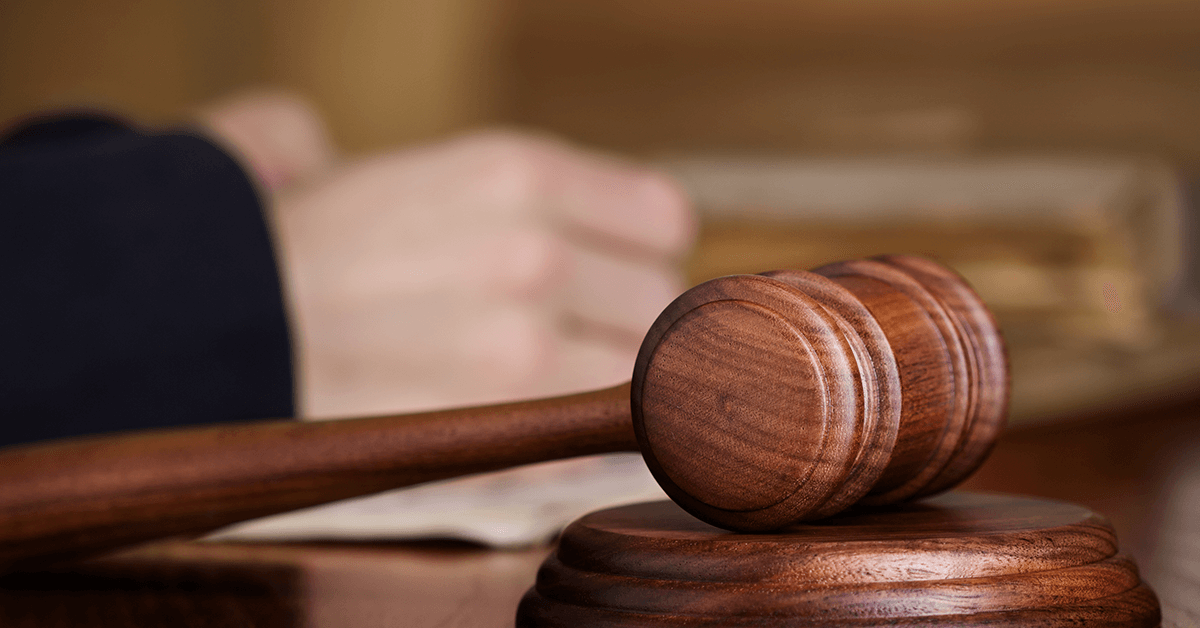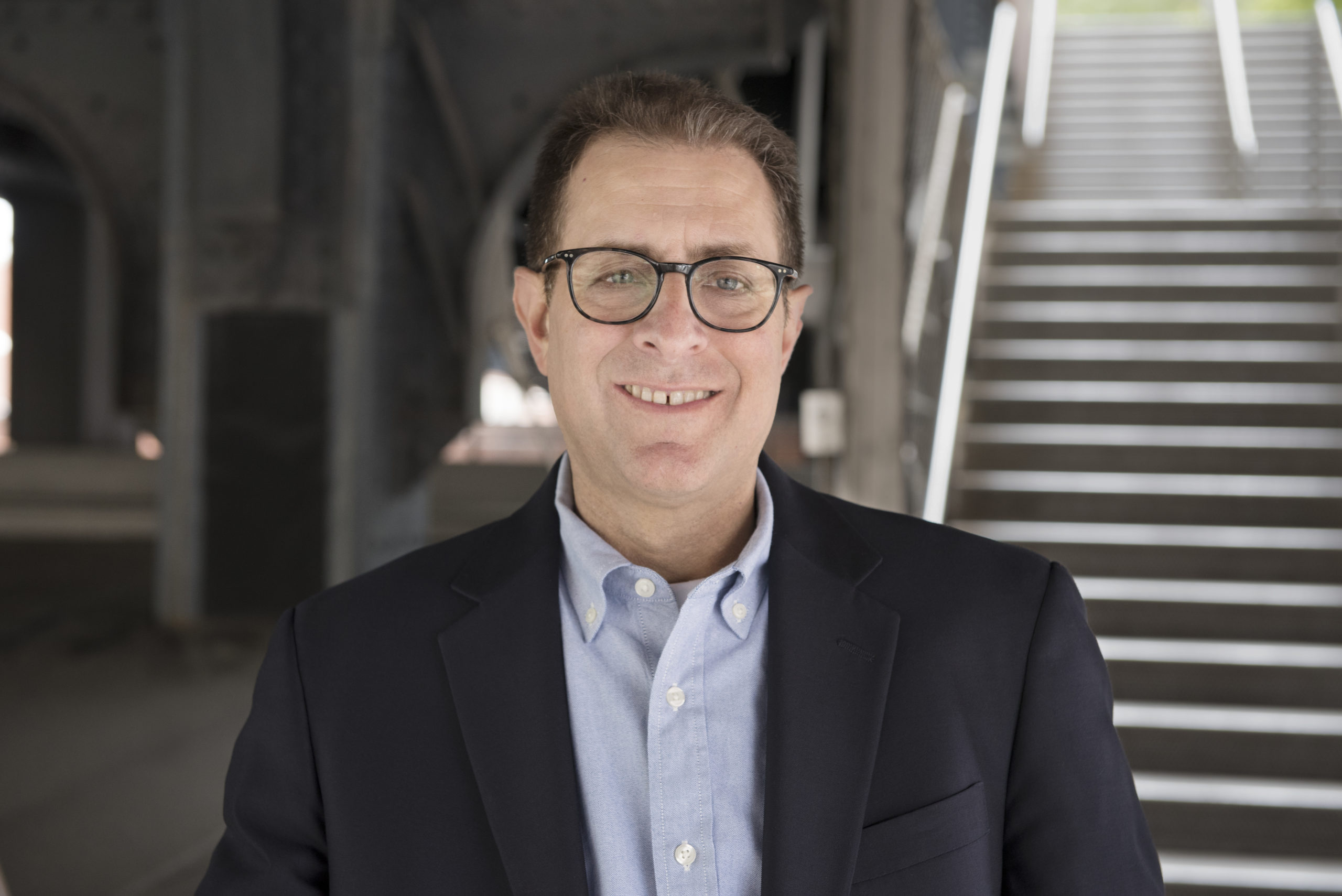“I was raised in a community of men and women who were veterans of the civil rights movement,” says Anthony Bradley. “Even when I was a science major in college, I had a keen interest in the intersection of religion and politics, and the American story in particular,”
Bradley, who has an undergraduate degree in biology, a Master of Divinity, a Master of Arts in ethics and society, and a doctorate in historical and theological studies, was explaining why someone with such a long and varied list of degrees has turned his research focus to overcriminalization and mass incarceration.
Bradley is the chair of the program in religious and theological studies and associate professor of religious studies at The King’s College in New York City. In addition to his teaching duties, he is a research fellow at the Acton Institute, a broadcast media contributor, and an author with several books to his name.
With support from the Charles Koch Foundation, Bradley is also developing a course titled Overcriminalization, Mass Incarceration, and Civil Society. The course will explore those issues on a broad scale, looking at the various policies and social structures that have contributed to the criminal justice system’s current state.
“This interest really began by engaging the public conversation about mass incarceration,” says Bradley. He recalls putting the issue into an ethics perspective after noticing a troubling pattern in the data: Actions that were once socially unacceptable taboos had become criminal offenses.
Bradley posits that while communities once relied on families, churches, and civic institutions to hold people accountable for their actions, government stepped in as those social institutions broke down. Society now expects the criminal justice system to provide the accountability once represented by social institutions.
The toll our criminal justice system takes on families is a topic Bradley talked about for some time. “There are of course social and moral economic costs of overcriminalization. What are we losing, and what happens to those men and women—and neighborhoods—who all go through cycles of incarcerations? Of men, particularly fathers, being removed from their families?”
Bradley also considers the toll of juvenile incarceration. Not only is that disastrous for those youths’ economic well-being, but it affects their potential for psychosocial and educational success as well.
“We have to make sure that punishments fit the crimes and that if we’re going to lock someone up, it has to be for a really good reason because of those costs.”
Through the new course, students will grapple with the ethical and social dilemmas of criminal justice, exploring the issues so that they have the knowledge and imagination for what types of solutions might be best. They’ll also study prosecutorial misconduct, which plays a significant role in unfounded charges and longer sentences.
Bradley is of the opinion that this is a problem we can actually fix. “We’re hoping for students to be so impassioned and awakened by this course that, regardless of whatever vocation they pursue after college, they see themselves participating and bringing real solutions to this issue, whether in the marketplace, in politics, in the non-profit sector.”
The Charles Koch Foundation requests proposals from scholars like Bradley who are already working to understand the challenges facing our criminal justice system and work towards solutions.











